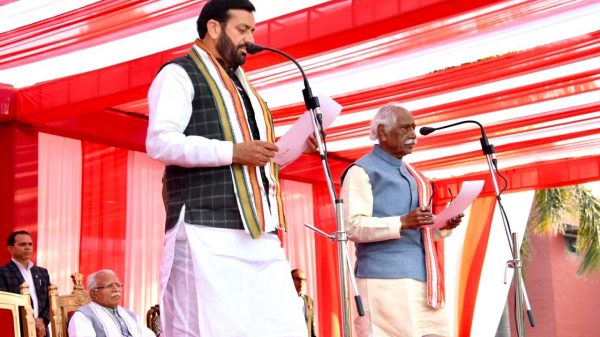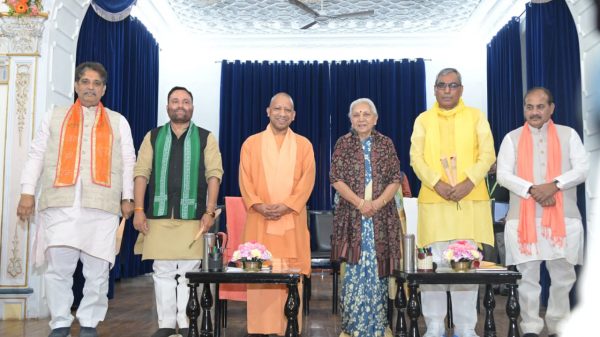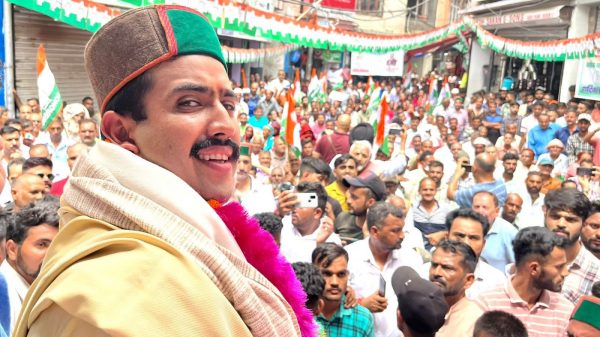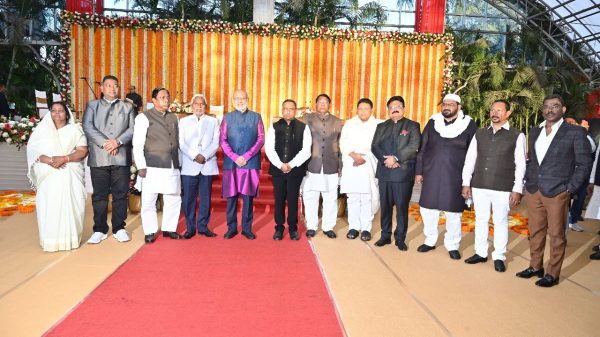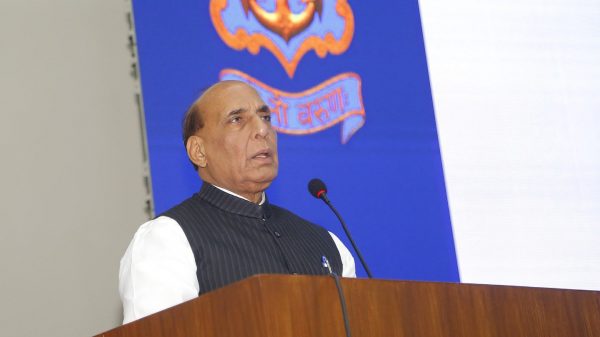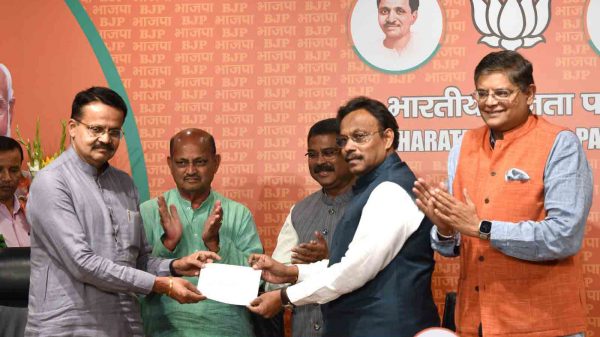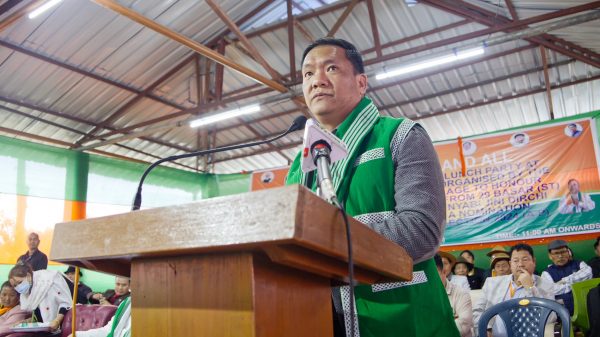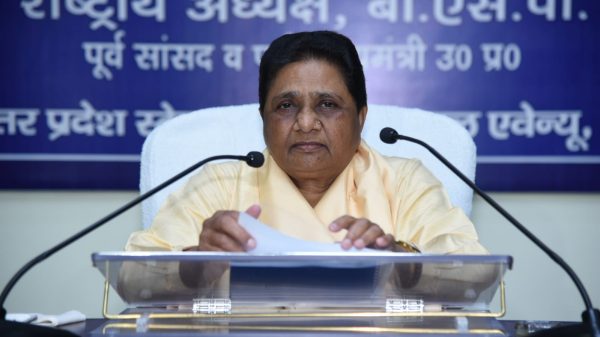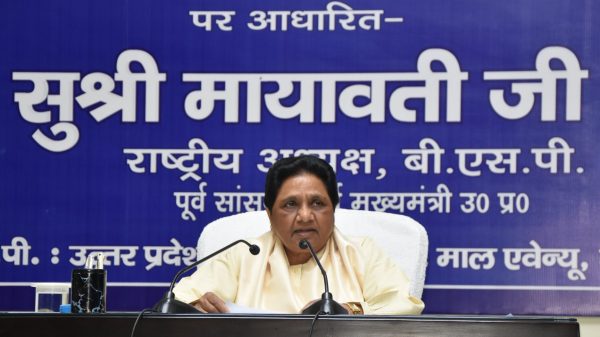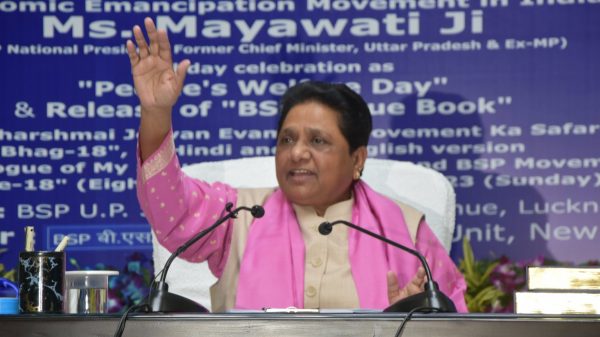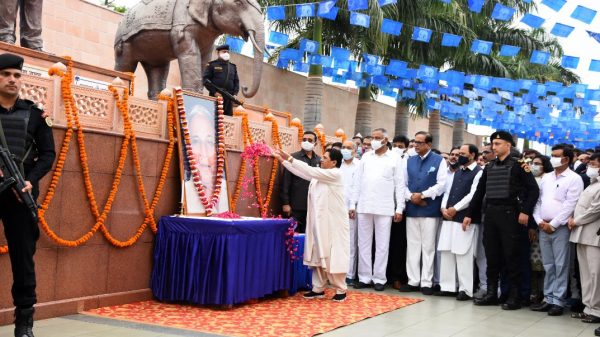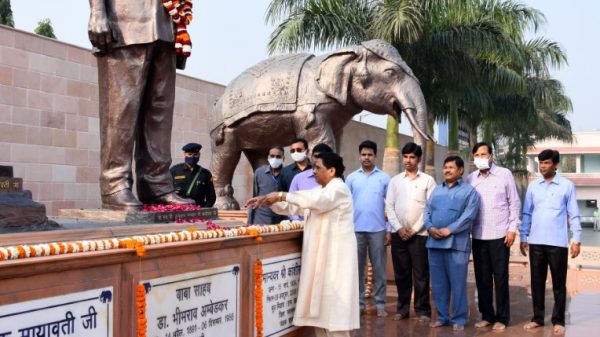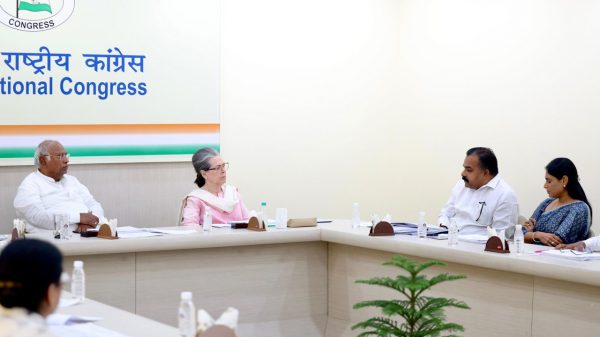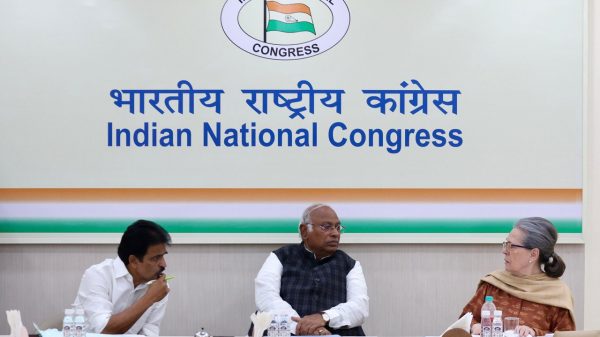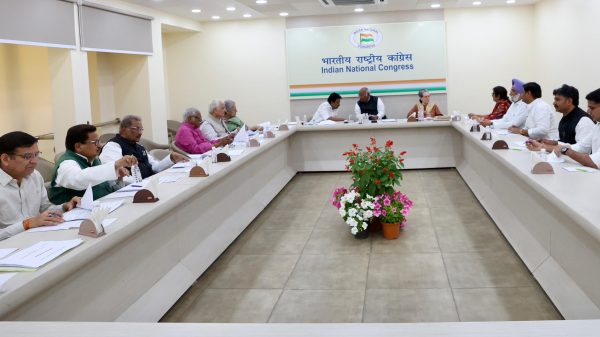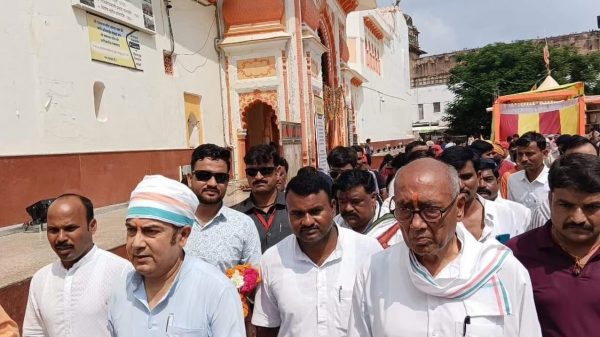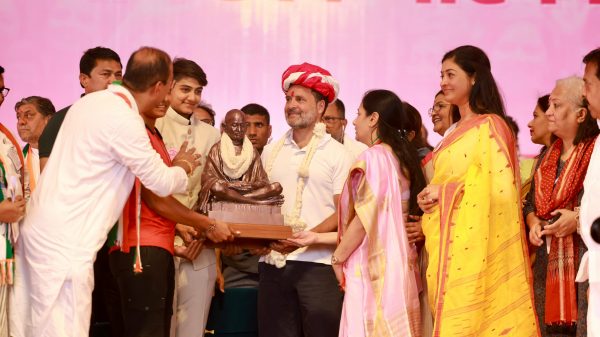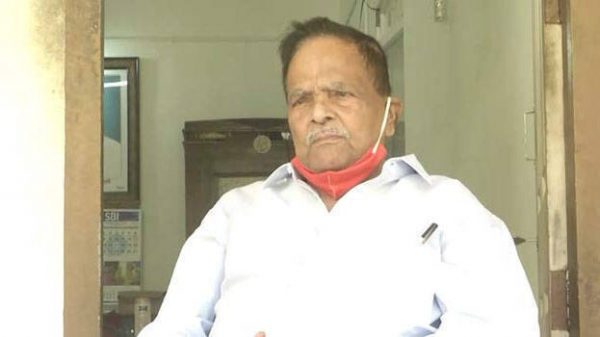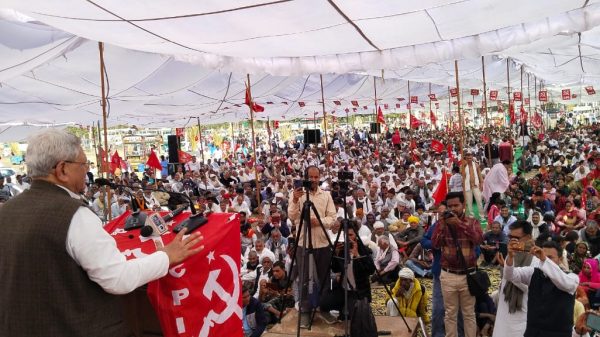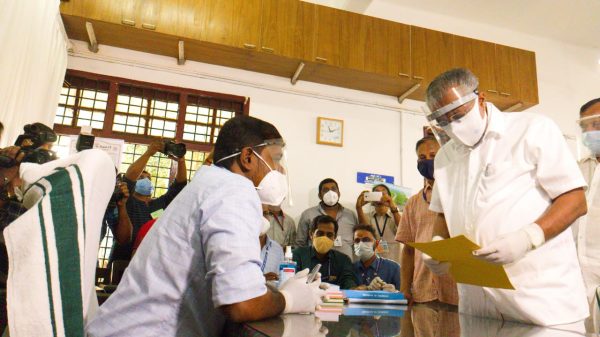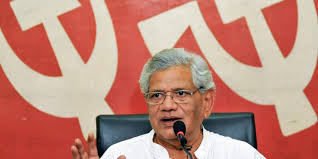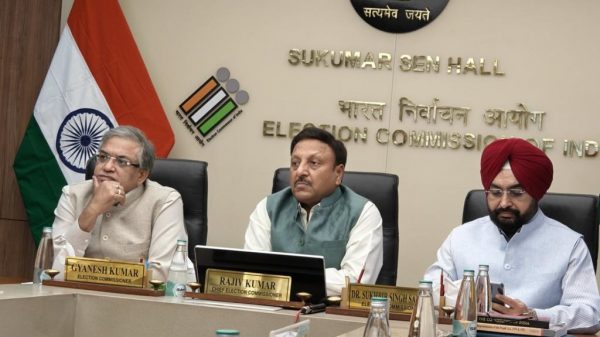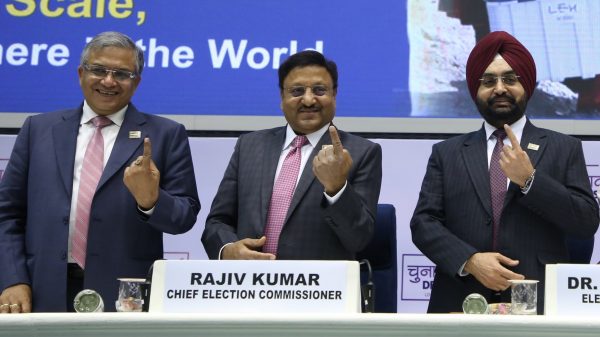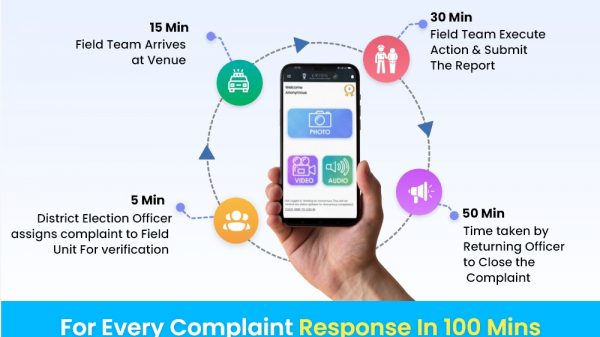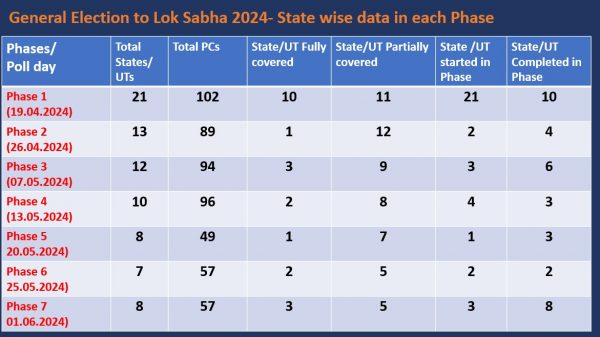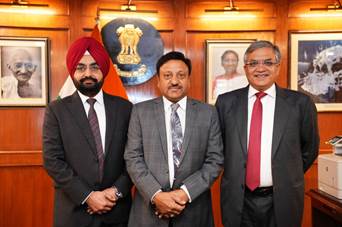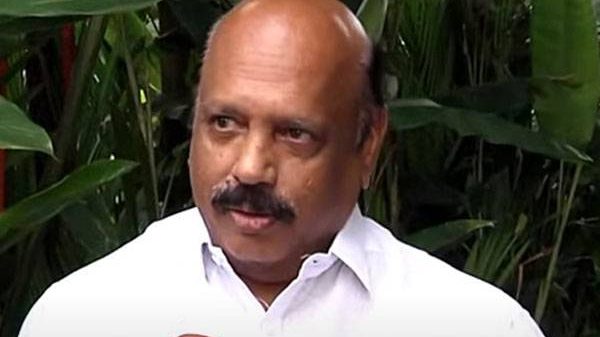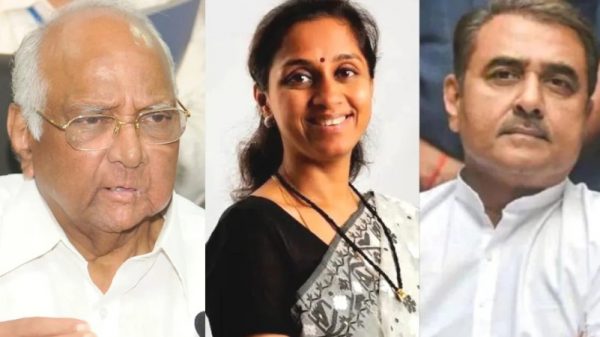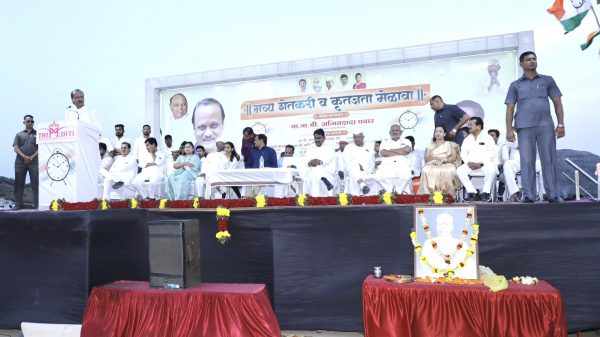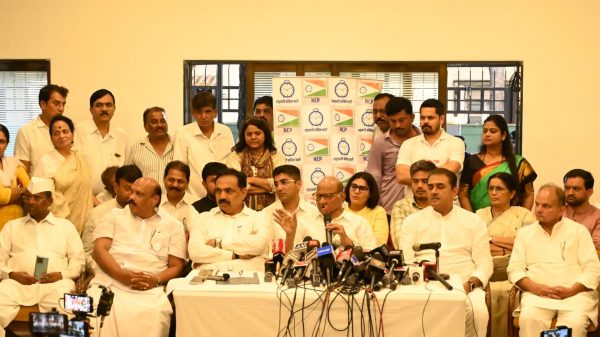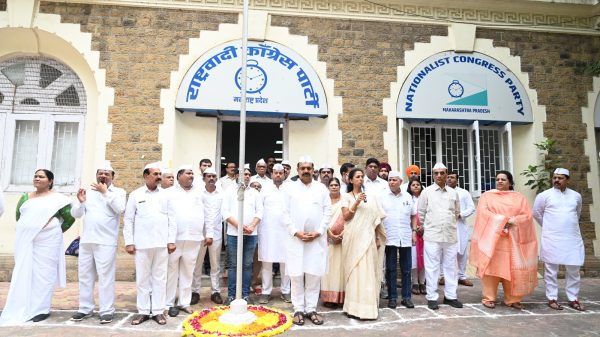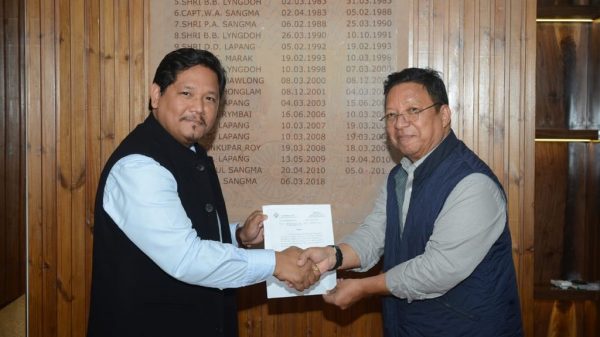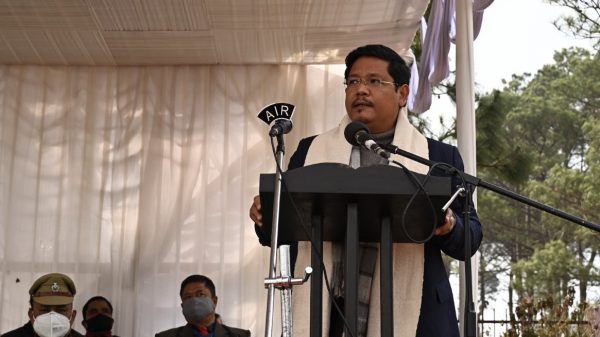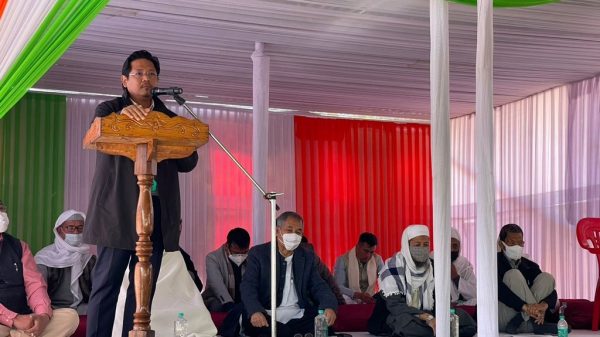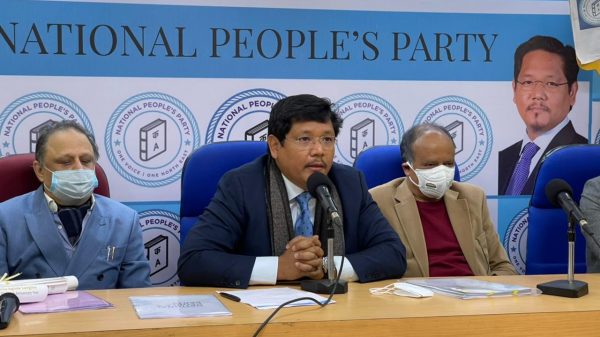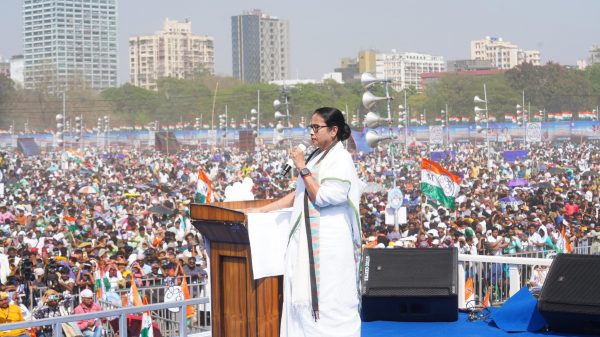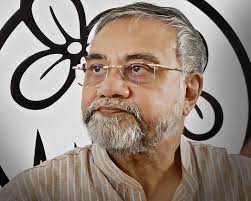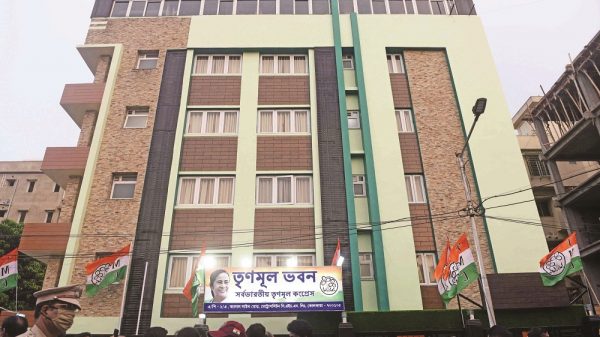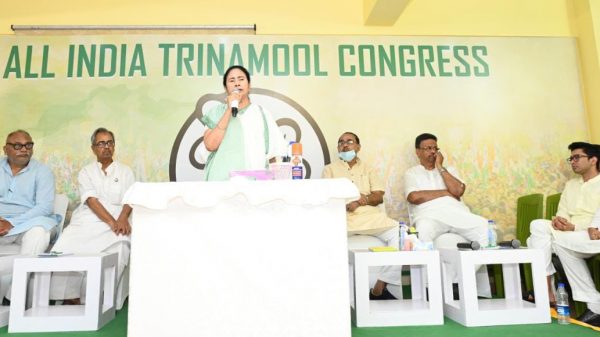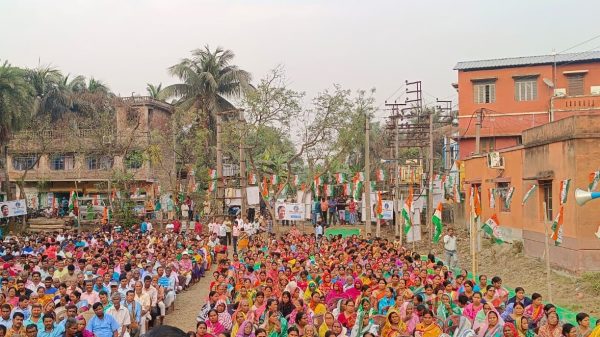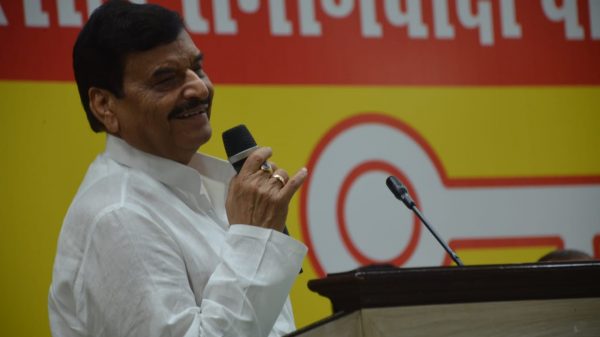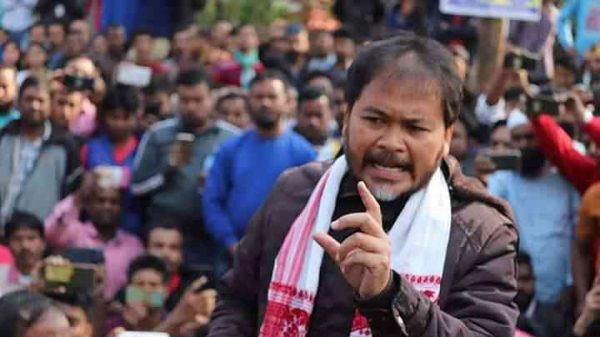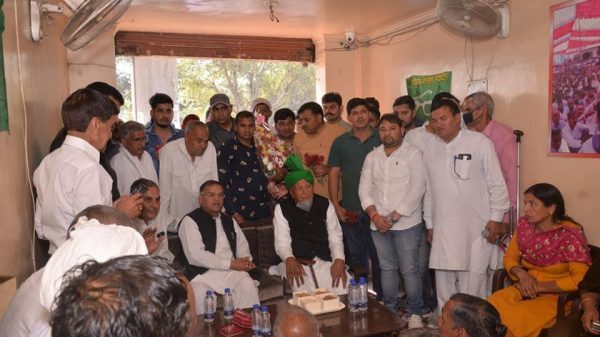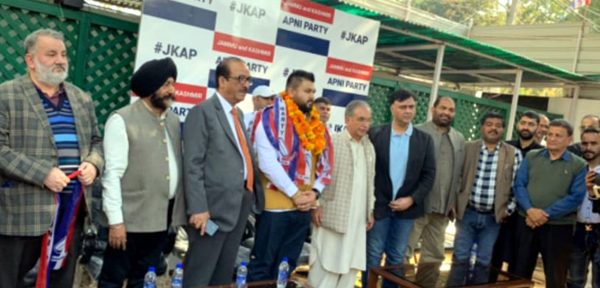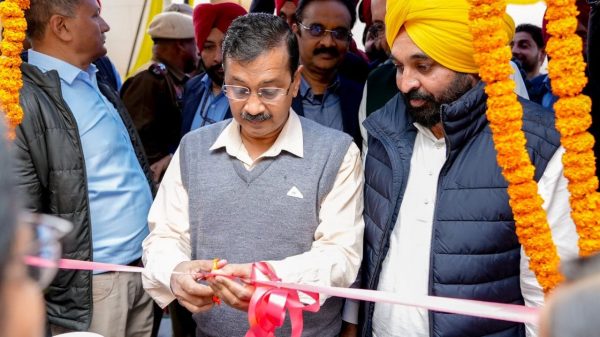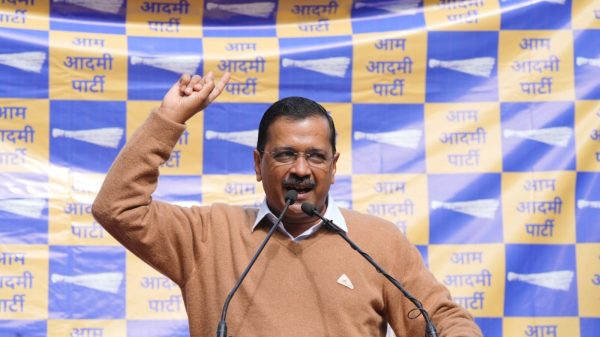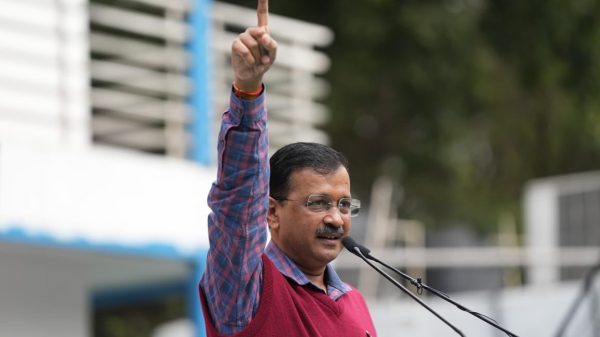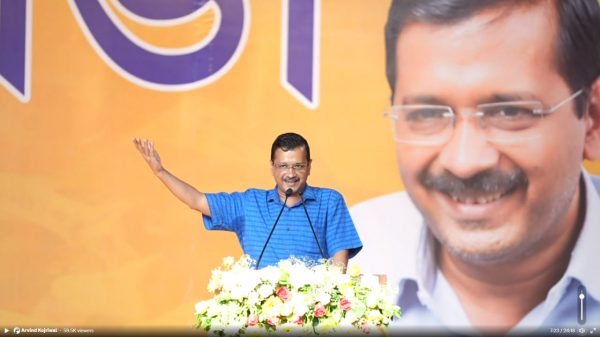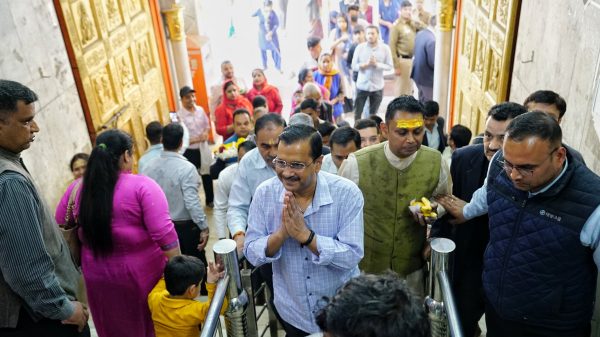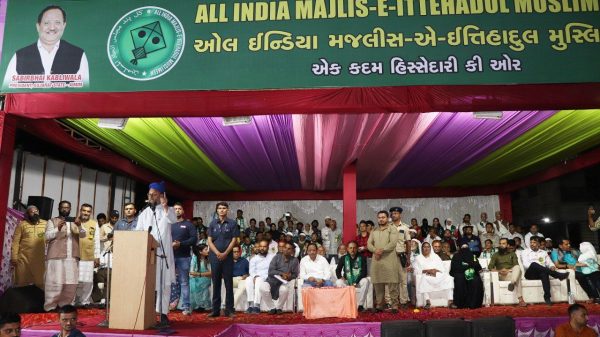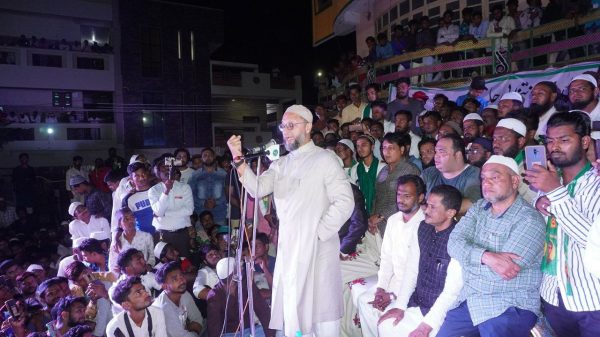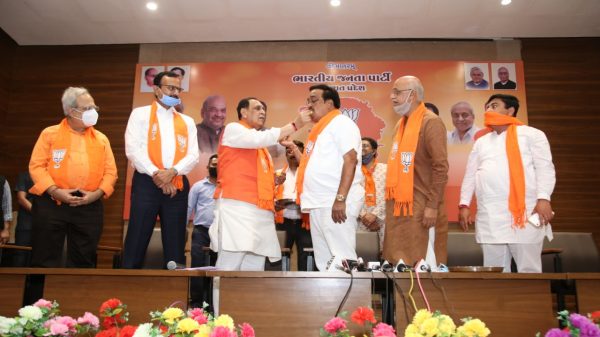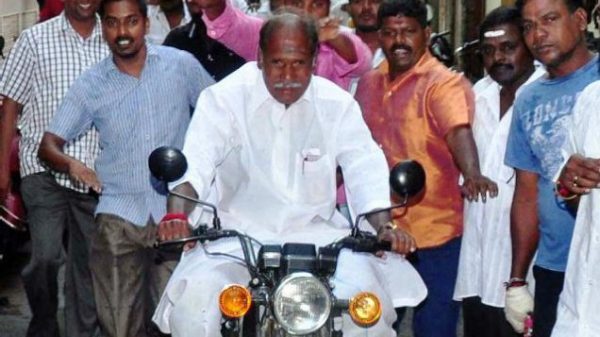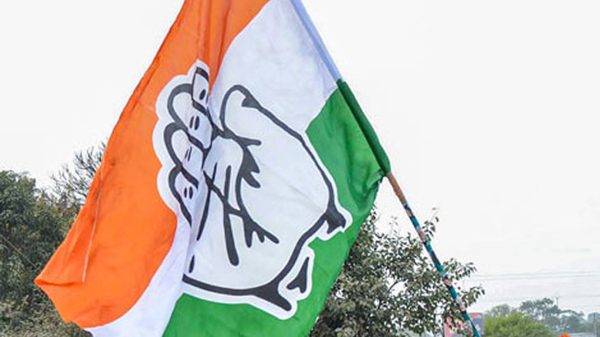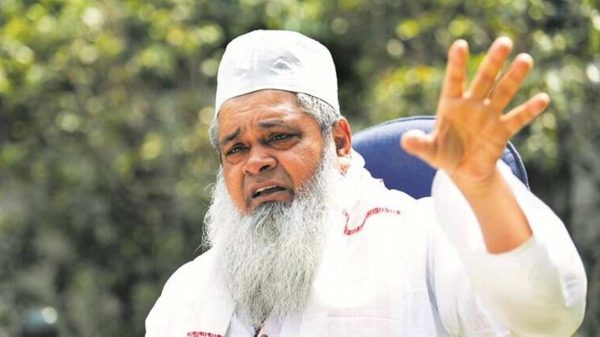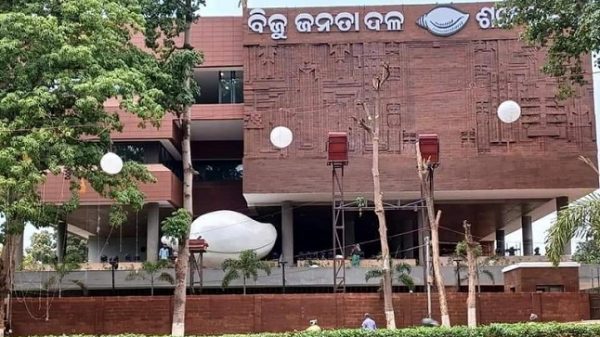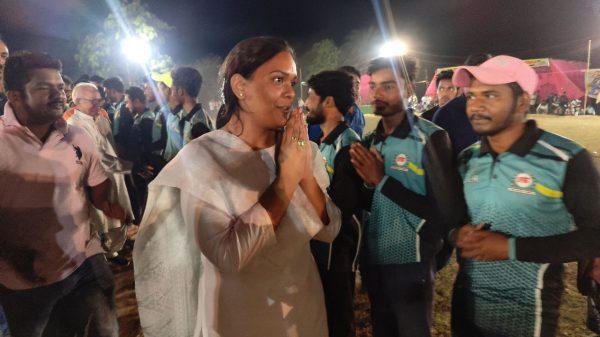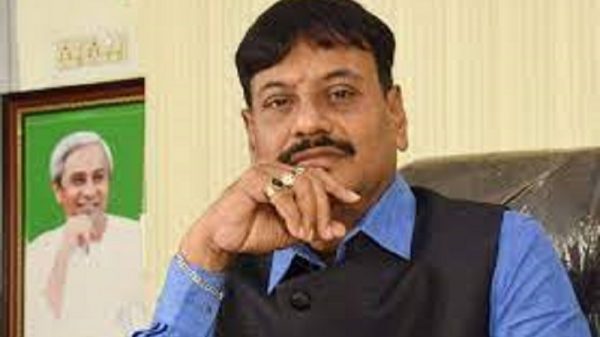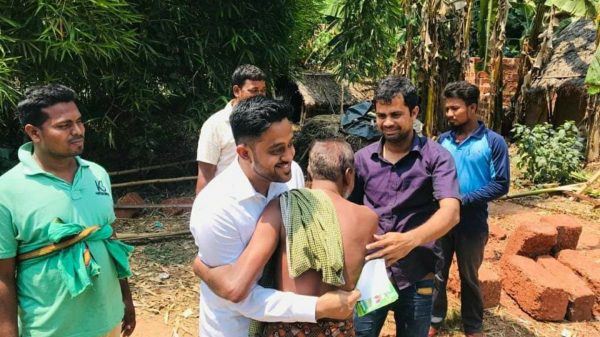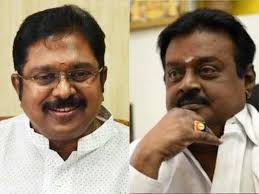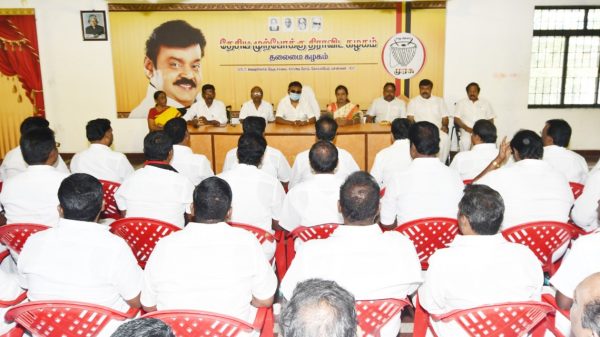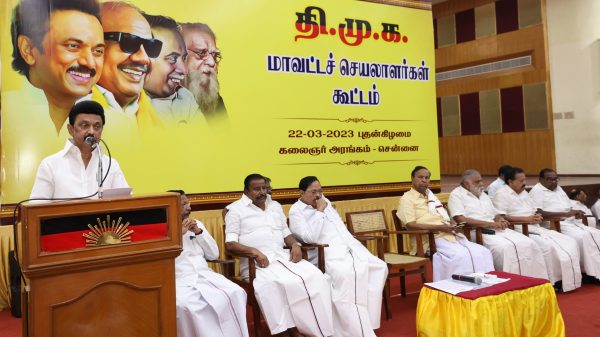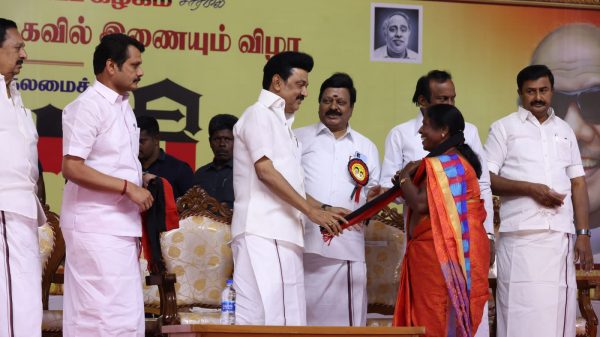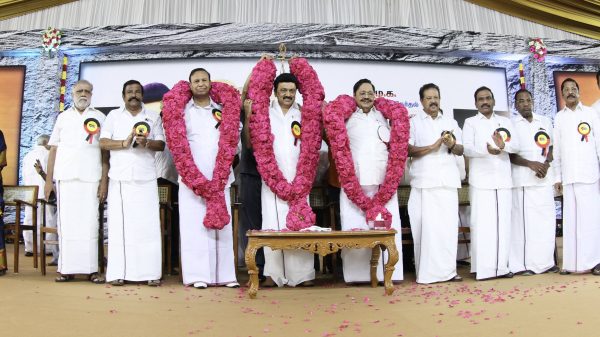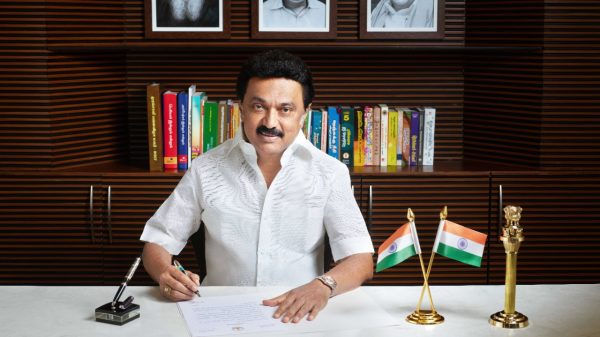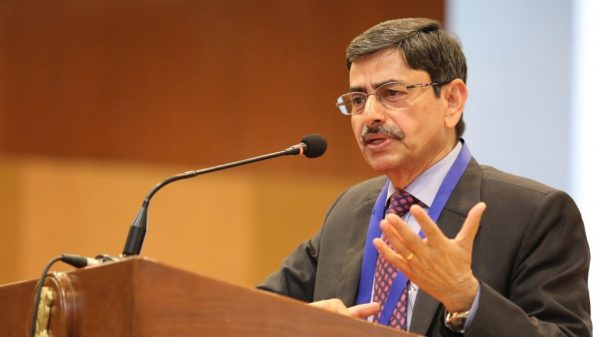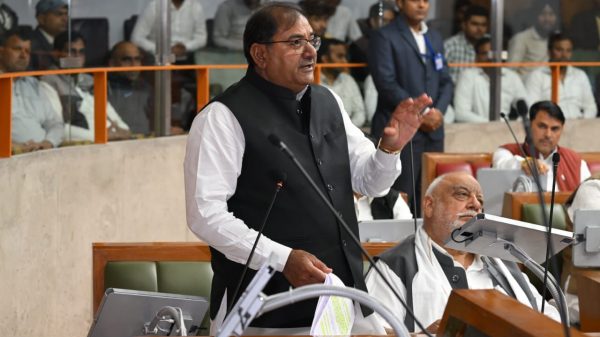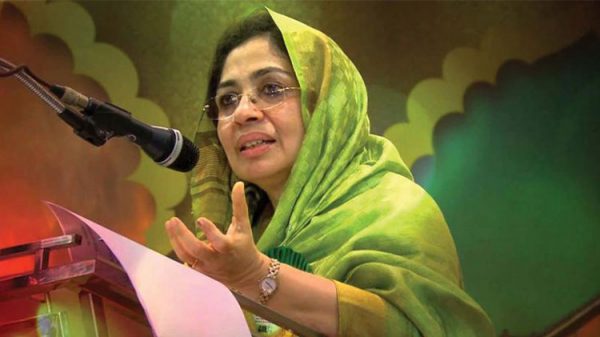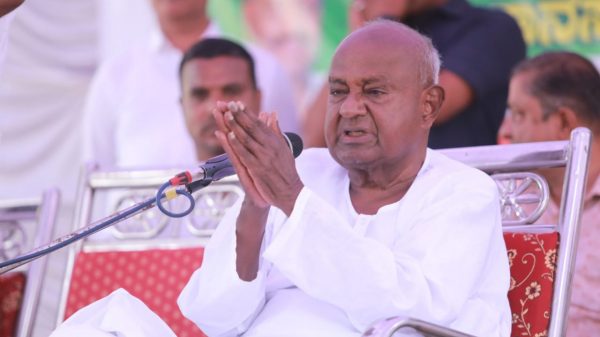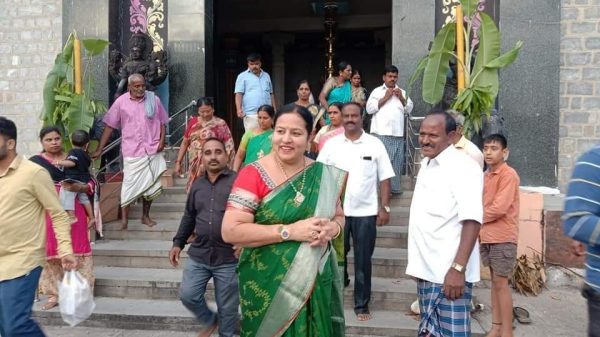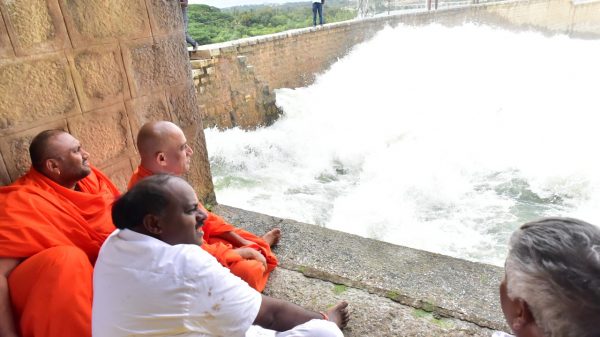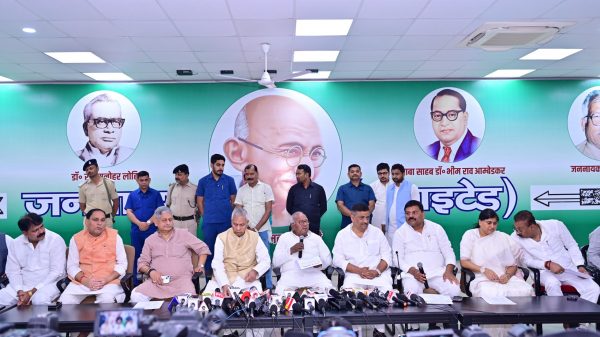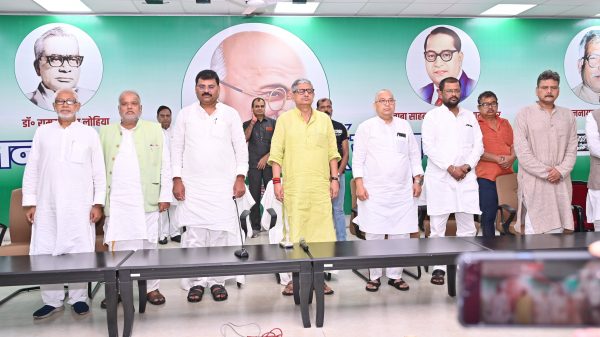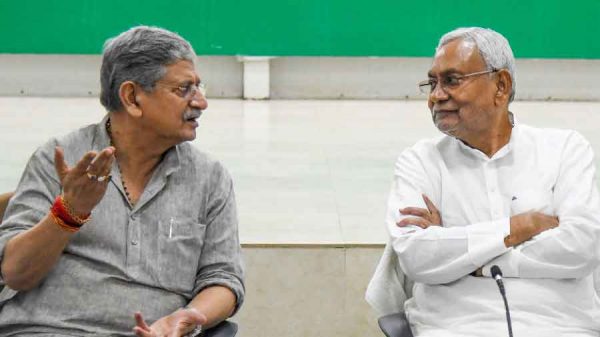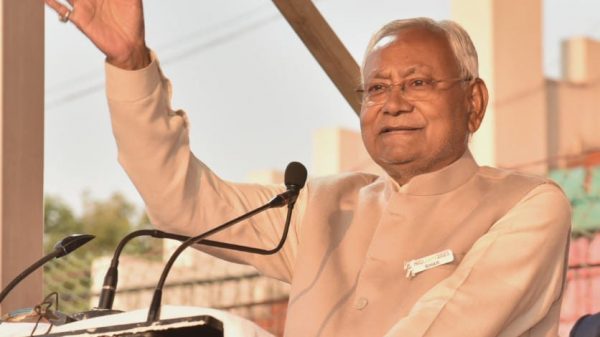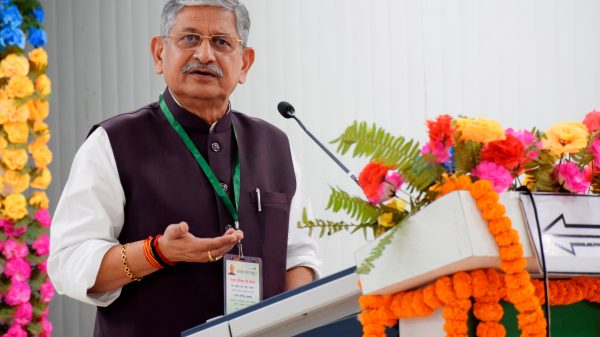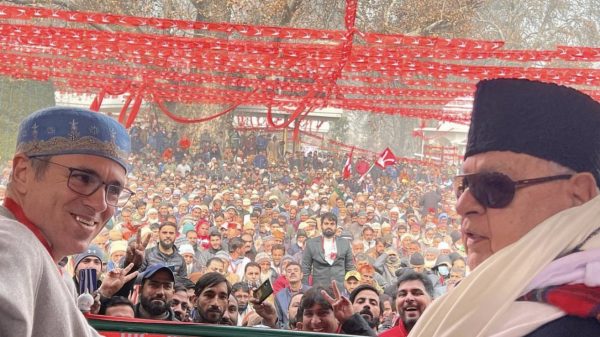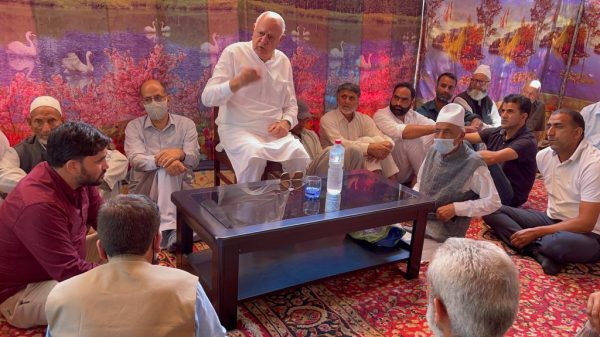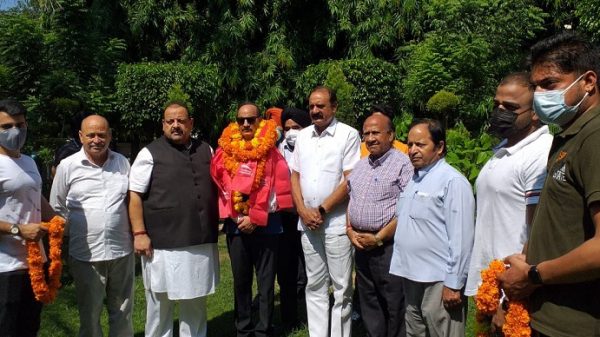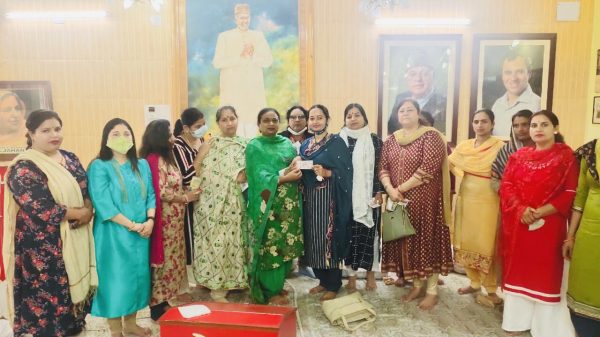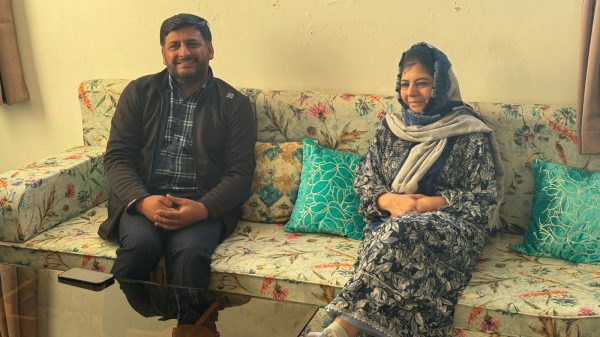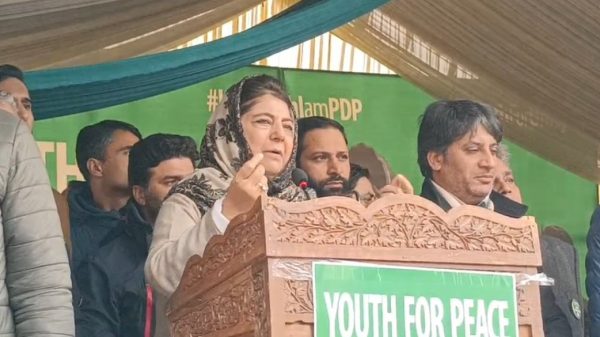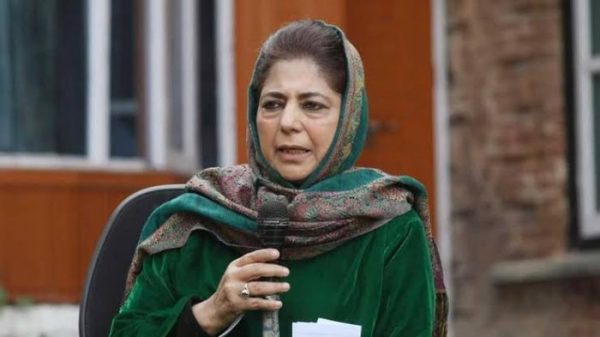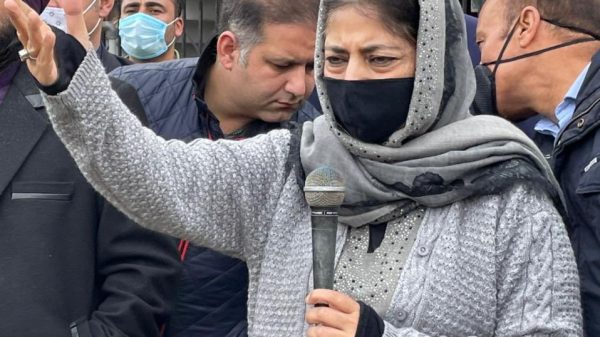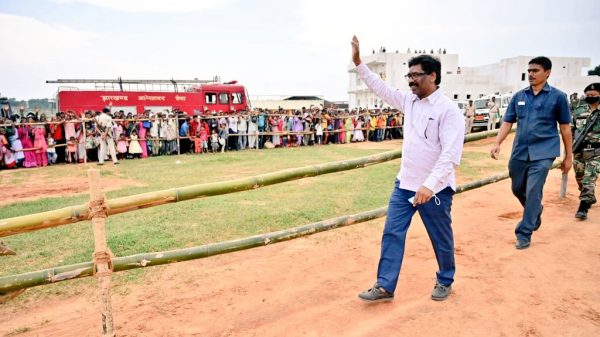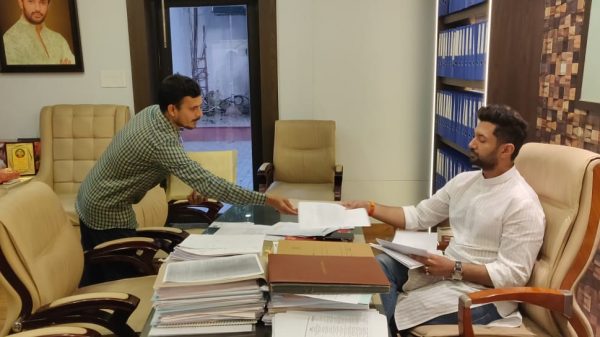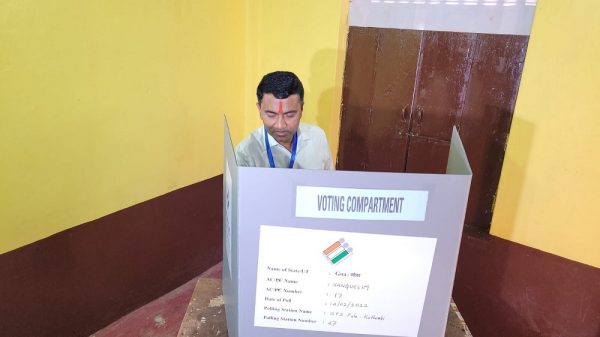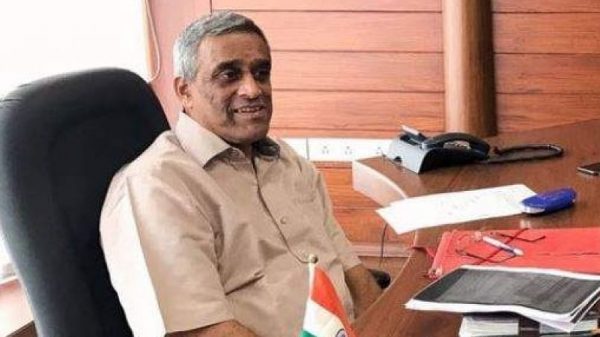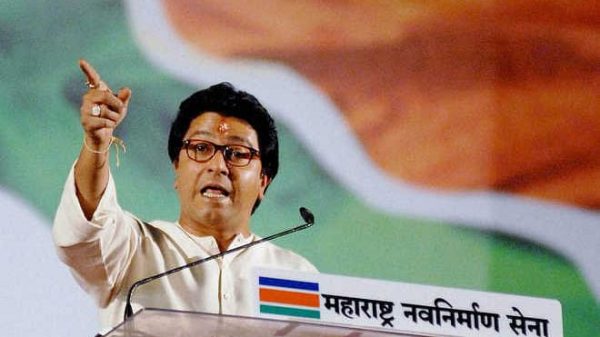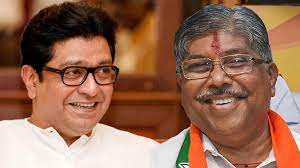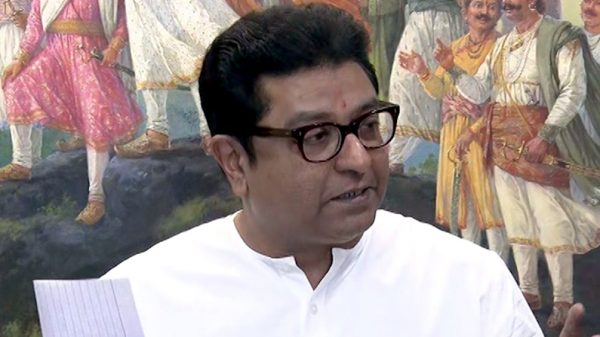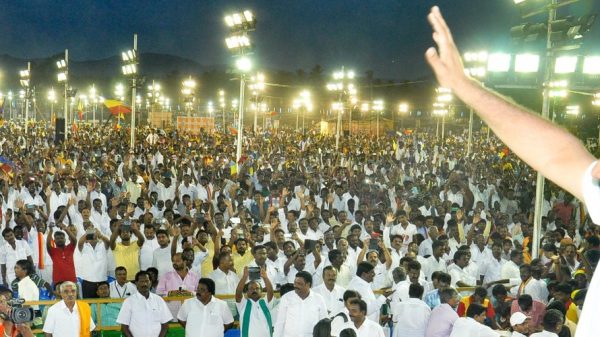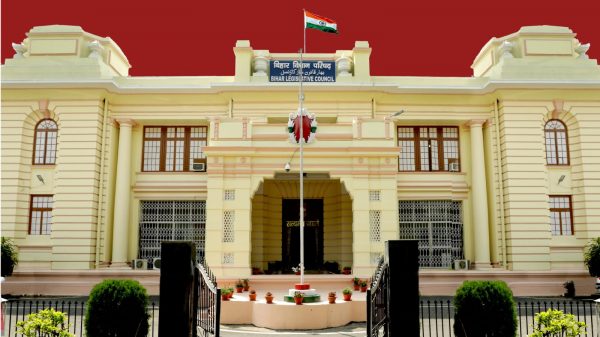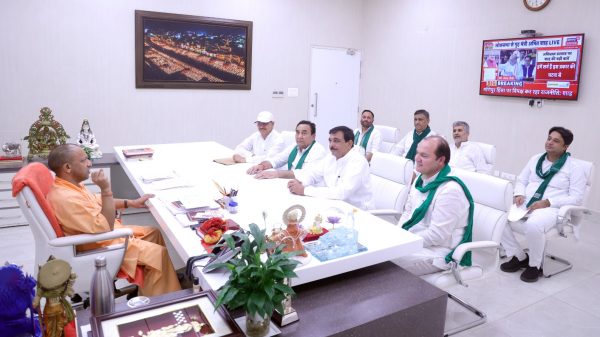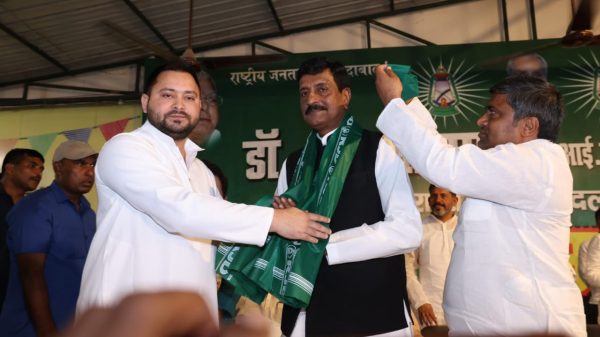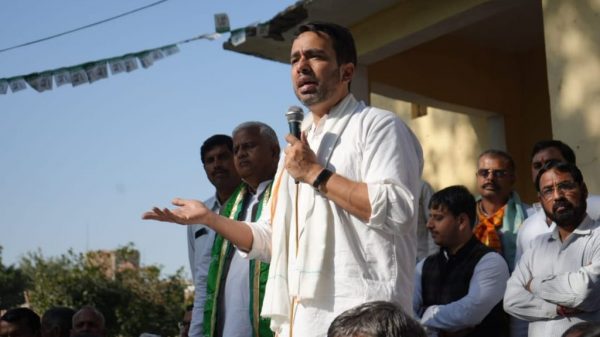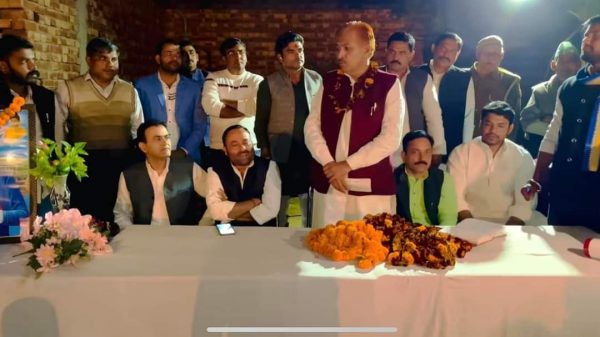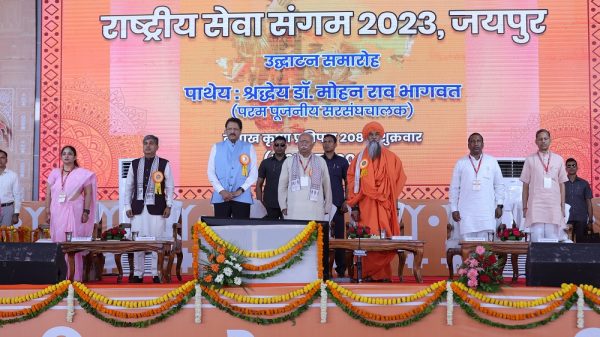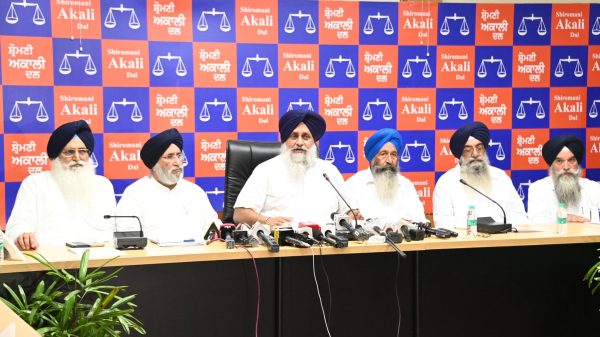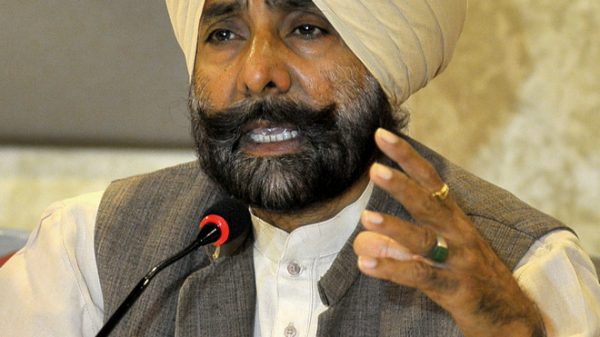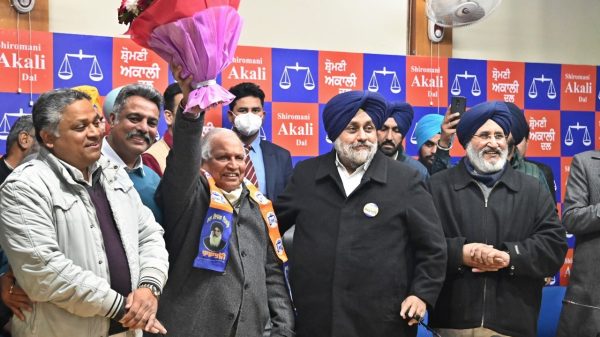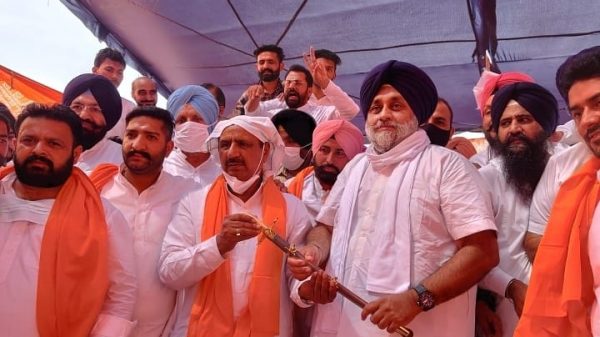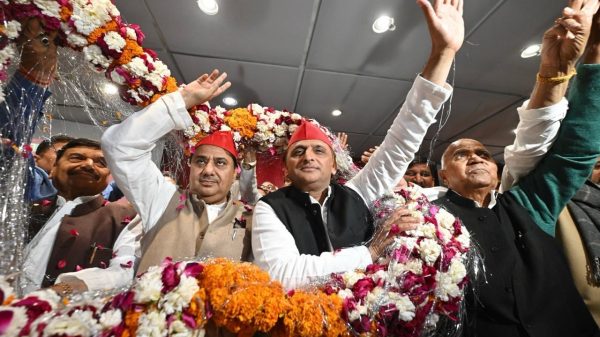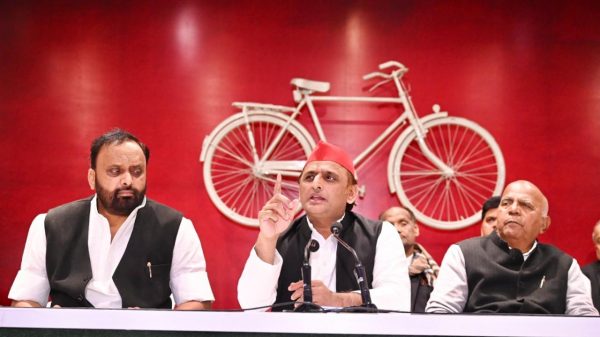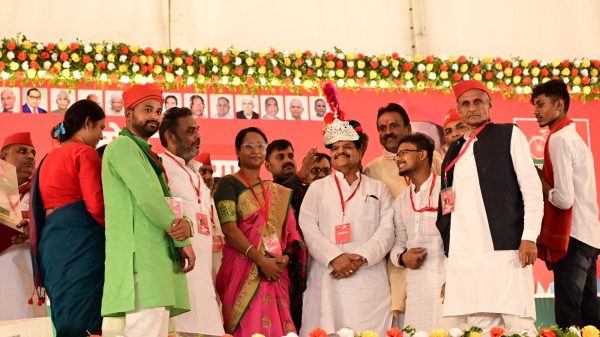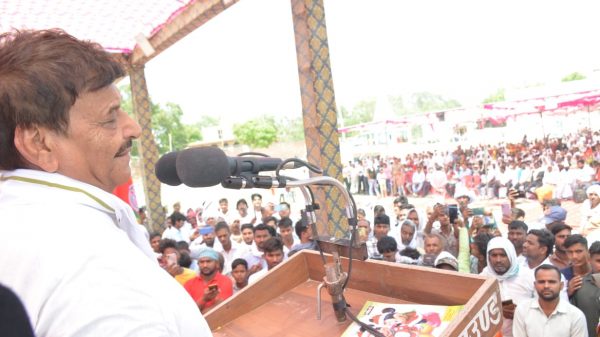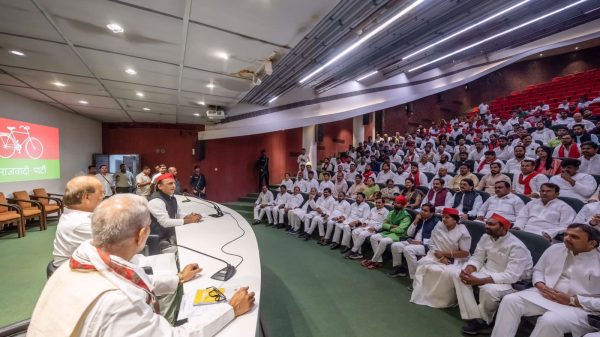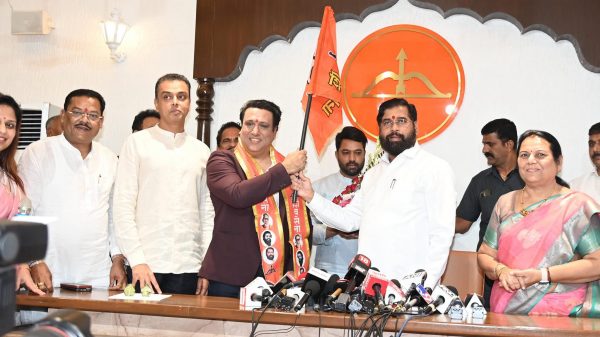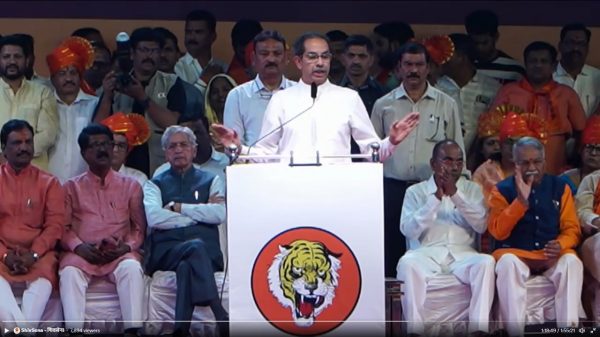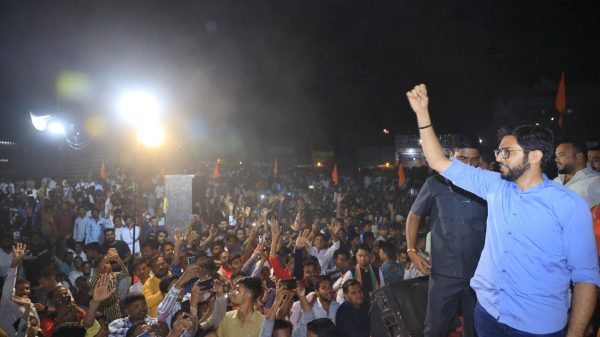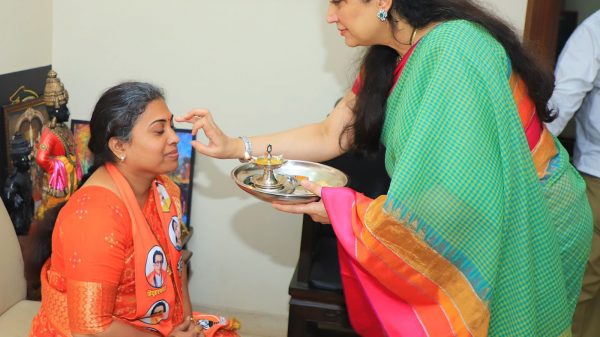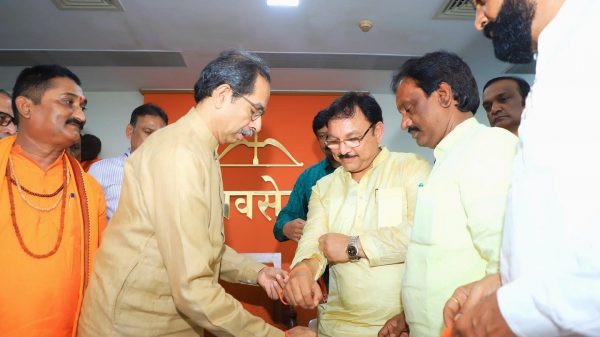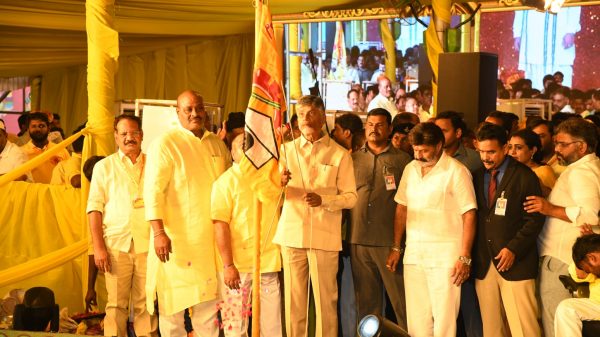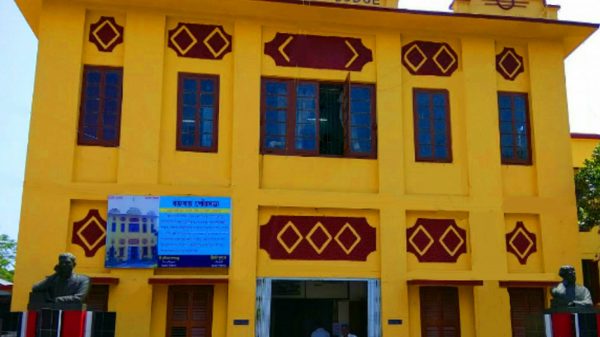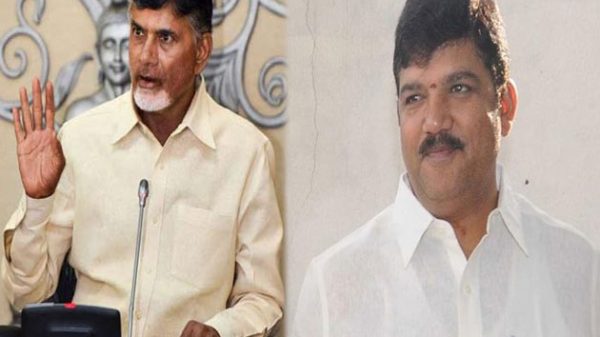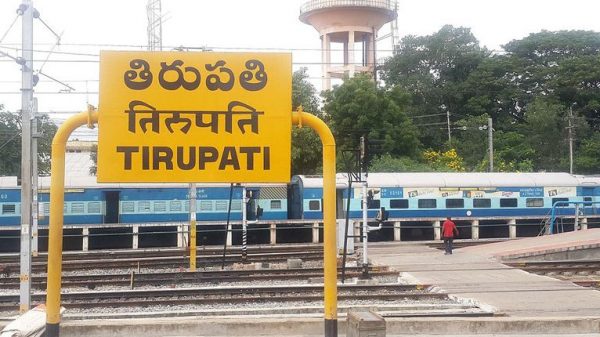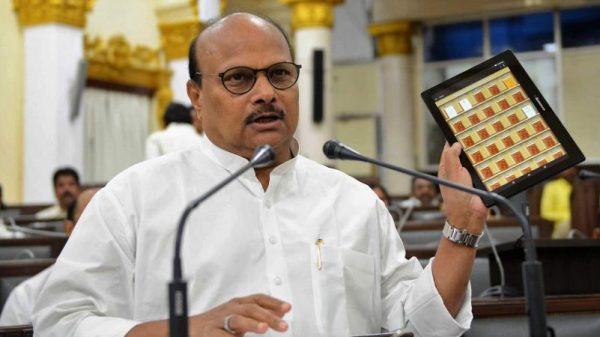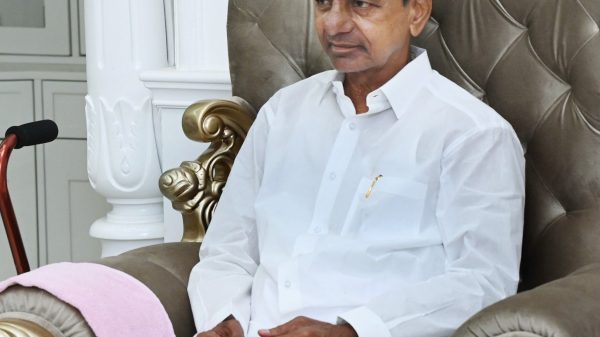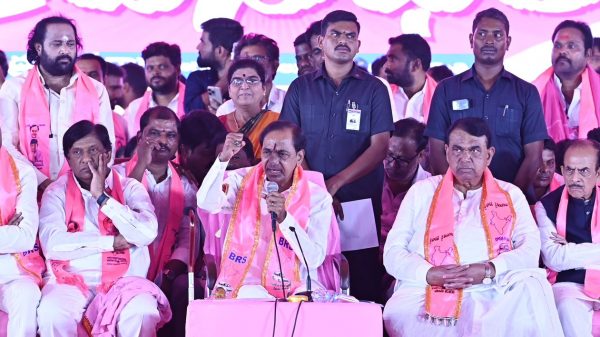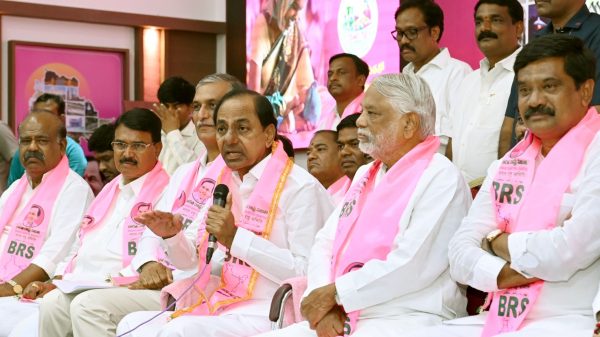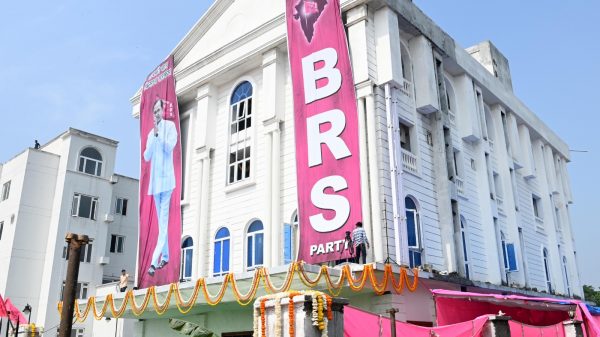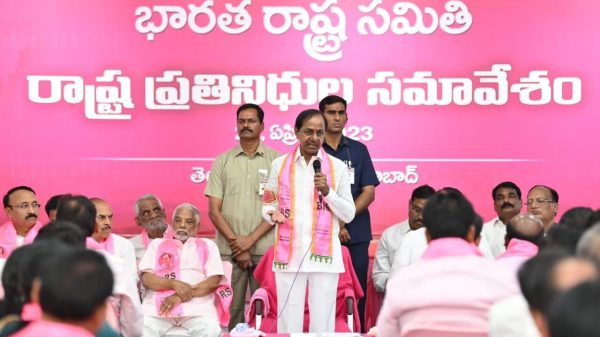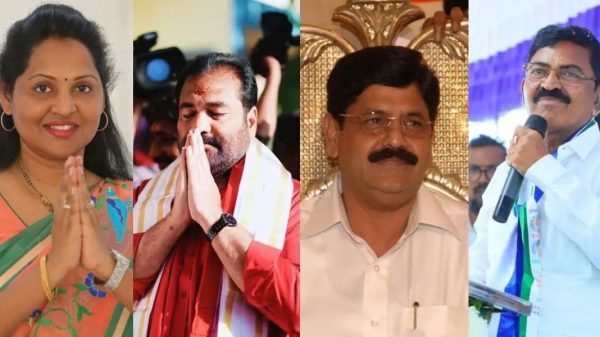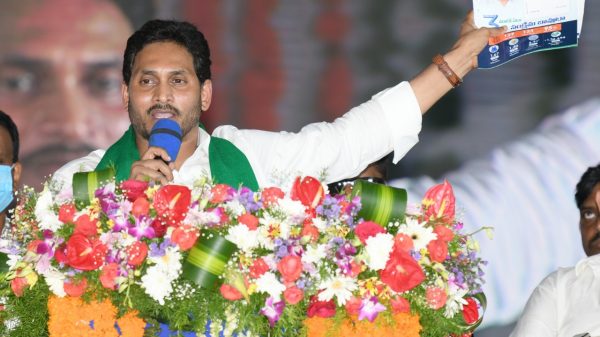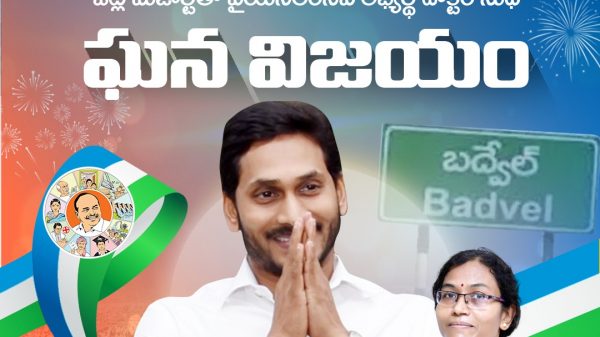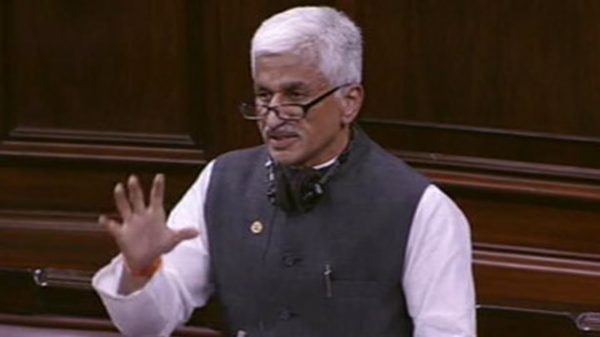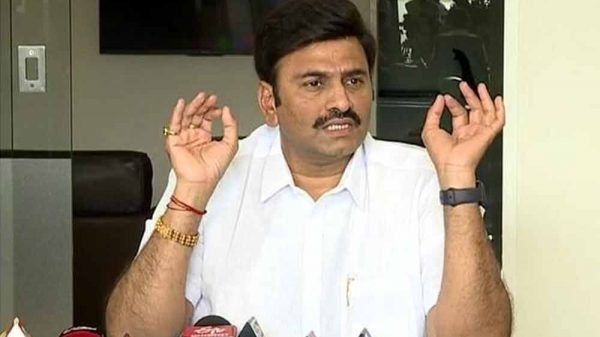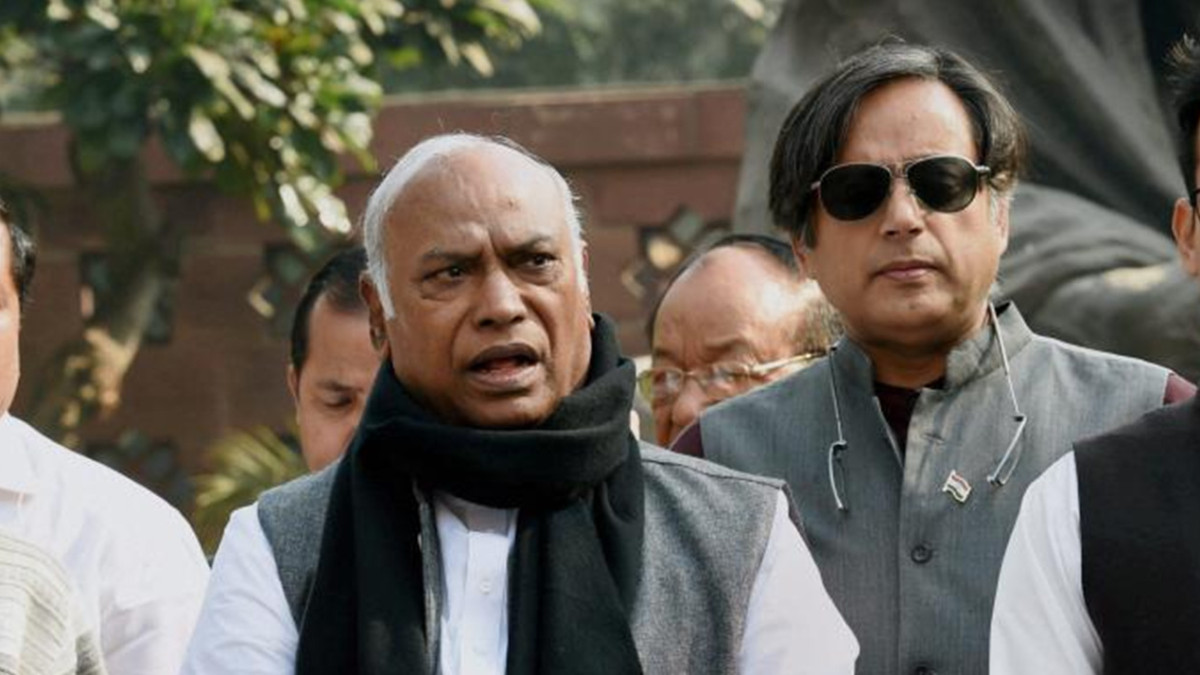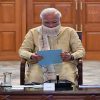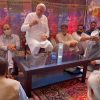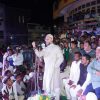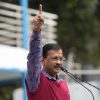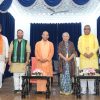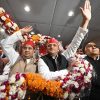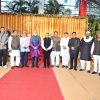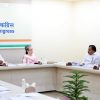NEW DELHI: The Congress will get its first non-Gandhi president in 24 years on Wednesday after more than 9,500 votes cast to choose between senior leaders Mallikarjun Kharge and Shashi Tharoor are counted to cap the election contest, the sixth in its 137-year-old history.
The counting of the votes cast on Monday will begin at 10 am on Wednesday at the AICC headquarters here.
While Kharge is considered the firm favourite with his perceived proximity to the Gandhis and a large number of senior leaders backing him, Tharoor has pitched himself as the candidate of change.
The process of bringing all the ballot boxes from the 68 polling booths set up across the country by the party will be completed by Tuesday. The sealed boxes will be kept in a “strong room” at the party headquarter.
The sealed ballot boxes will be opened before the candidates’ agents and the votes will be mixed repeatedly as they are added from various boxes.
Congress central election authority chairman Madhusudan Mistry has expressed satisfaction with the party’s presidential polls process, saying it was “free, fair and transparent”.
He has also assured that it was a secret ballot and no one would get to know who voted for whom.
Of the total 9,915 Pradesh Congress Committee (PCC) delegates that formed the electoral college to pick the party chief in a secret ballot, over 9,500 cast their ballot at PCC offices and the AICC headquarters, Mistry said at a press conference after the polling ended on Monday.
The Congress has claimed that its internal democracy has no parallel in any other party and it is the only one to have a central election authority for organisational polls.
It is the sixth time in its nearly 137-year-old history that an electoral contest is deciding who would take up the mantle of the party’s president as successor to Sonia Gandhi.
It was way back in 1939, when an electoral contest decided who would be the Congress president and in fact, Mahatma Gandhi’s candidate P Sitaramayya had lost to Netaji Subhas Chandra Bose.
Then in 1950 came the Congress’ first post-Independence election for the post of party president when Purshottam Das Tandon and Acharya Kripalani faced off. Surprisingly, Tandon, seen as a Sardar Vallabhbhai Patel loyalist, won the contest, trumping the then Prime Minister Jawaharlal Nehru’s choice.
In 1977, following the resignation of Dev Kant Barooah as party president in the wake of the defeat in the Lok Sabha polls, K Brahmananda Reddy defeated Siddhartha Shankar Ray and Karan Singh in the party’s polls for AICC chief.
The next election that needed a contest came 20 years later in 1997 when Sitaram Kesri squared off in a triangular contest with Sharad Pawar and Rajesh Pilot.
Except for Maharashtra and parts of Uttar Pradesh, all state Congress units had backed Kesri. He posted a landslide victory, getting 6,224 delegates’ votes against Pawar’s 882 and Pilot’s 354.
The fifth contest came in 2000 and this was the only time a Gandhi family member was challenged in the elections with Jitendra Prasada taking on Sonia Gandhi. Prasada suffered a crushing defeat at the hands of Gandhi, who garnered over 7,400 votes. Prasada had reportedly polled a paltry 94 votes.
The current polls are historic as the new president would replace Sonia Gandhi, the longest-serving party president who has been at the helm since 1998, barring the two years between 2017 and 2019 when Rahul Gandhi had taken over.
The Nehru-Gandhi family has been at the helm of the party for about 40 years since Independence. The five family members to take on the mantle of the Congress president are Jawaharlal Nehru, Indira Gandhi, Rajiv Gandhi, Sonia Gandhi and Rahul Gandhi.
Electors in the Congress presidential polls had been asked to put a tick mark against their candidate in the ballot paper after Tharoor’s team took up with the party’s top poll body the issue of its earlier directive that voters write “1” to reflect their preference. This, the team said, might lead to confusion.
The political journeys of the two dramatis personae in the Congress presidential elections have been disparate.
Kharge is a grassroots politician and hardcore loyalist of the Gandhi family, while Tharoor, a social media pioneer and often outspoken, joined the Congress only in 2009 after a long stint at the United Nations.
Ahead of the polling, Kharge had said he would have no shame in taking the advice and support of the Gandhi family in running the party affairs, if he becomes its president.
Tharoor, on his part, took a veiled dig at some senior leaders supporting Kharge, saying that some colleagues were “indulging in ‘netagiri’ and telling party workers that they know who Sonia Gandhi wants elected”.
Source: Press Trust of India



